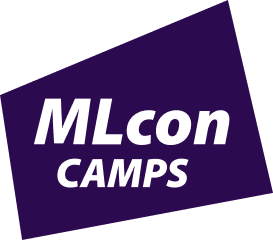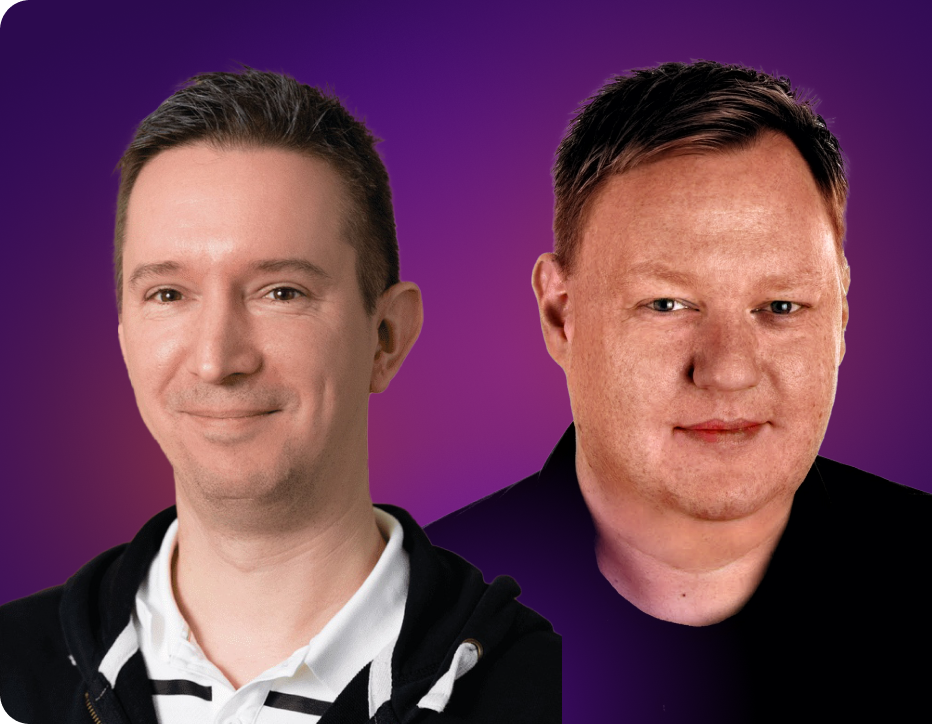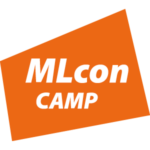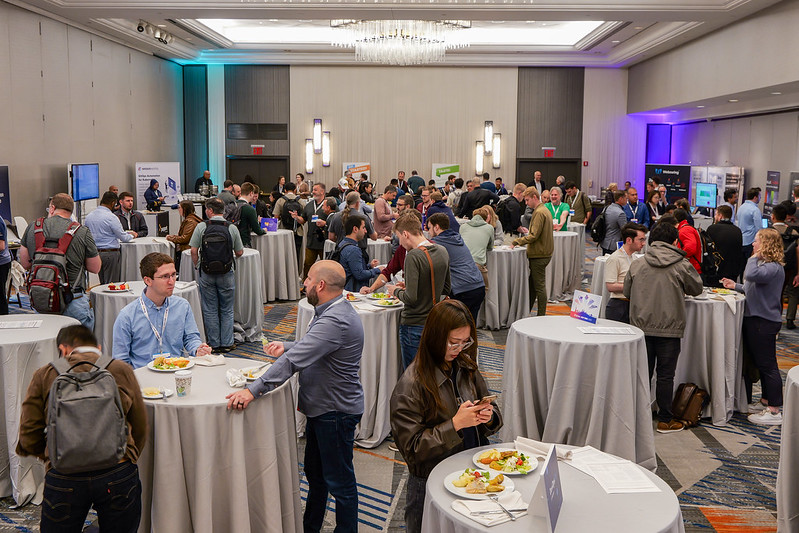
Conquer and Rule Generative AI: GenAI Bootcamp
CONFERENCE STARTS IN:

Dive deep into AI fundamentals and build real-world applications
Equip yourself to drive AI innovation and transformation in your organization
Break down complex AI concepts and turn them into practical solutions
Learn to implement AI-driven strategies and lead your team to success
Day 1: Foundation, Strategic Overview and Building blocks
Day 2: From simple to advanced integration scenarios
Jetzt zum Newsletter anmelden:
6 Reasons to attend the Bootcamp
Für wen ist das Camp geeignet?
Trainers
Sebastian Gingter
Sebastian Gingter looks back on over twenty years of experience as a professional software developer. In the course of his work as a consultant at Thinktecture AG, however, his focus is firmly on the future: on modern (web) technologies, both on the client with Type and JavaScript, on Angular on the server with JavaScript under Node.js or with C# and .NET Core. He has been a fun and passionate explainer since 2008, speaks internationally at conferences and has published specialist articles. You can stalk and contact Sebastian aka @PhoenixHawk on Twitter and find his blog at https://gingter.org.
Marco Frodl
Marco Frodl is Principal Consultant for Generative AI at Thinktecture AG and focuses on generative AI in the field of artificial intelligence. He is fascinated by the vision of being able to communicate with apps and devices in natural language. His consulting focus is the development of AI workflows using LLMs from OpenAI or Mistral as well as community-driven large language models such as Metas Llama2, Mixtral, Intel NeuralChat or DeepSeek Coder. He is a fan of LangChain and LangFuse because they allow complex AI processes to be packaged compactly and traced well.

Elevate your Machine Learning journey by adding the MLcon to your schedule. While the ML Fundamental Bootcamp provides a solid foundation and hands-on experience, the conference offers a unique opportunity to expand your knowledge even further. Explore the latest advancements in ML, learn from industry leaders, and see how cutting-edge tools and strategies complement the skills you’ve developed in the bootcamp. By attending, you’ll gain a comprehensive understanding of ML’s impact across various domains, enabling you to apply these insights to real-world projects and stay ahead in the rapidly evolving tech landscape.
Take your generative AI skills to the next level with our intensive 2-day GenAI Bootcamp. Unlike traditional AI courses, this bootcamp goes beyond theory, offering a practical, hands-on experience. You’ll learn to build real-world AI applications, from simple chatbots to complex retrieval-augmented generation systems, using the latest Python-based frameworks like LangChain and Streamlit. With expert guidance, you’ll explore the strategic implications of Generative AI, develop future-proof skills, and gain the confidence to lead AI initiatives.
Dates & Prices
The Bootcamp will be held in English.
Was sie mitbringen sollten?
Grundkenntnisse in Python und Jupyter Notebooks, die am optionalen ersten Tag erlernt werden können.
Für wen ist das Camp geeignet?
Für Teilnehmer:innen gedacht, die ihre Grundlagen in Python für ML-Projekte stärken möchten.
- Python 101: Wichtige Konzepte anhand von Beispielen.
- Top 10 ML Python Frameworks & Bibliotheken: Theorie & Praxis.
- Jupyter Notebook: Praktische Erfahrung mit der interaktiven IDE.
- Hello ML World: Implementierung von ML-Services.
Konzentriert sich auf die Grundlagen und Anwendungen von ML und GenAI.
- ML-Landschaft: Interaktive Einführung und Modellanwendung für verschiedene Usecases.
- GenAI-Projekte: Architekturelle Bausteine und einfache Anwendungsfälle.
- Prompt-Engineering: Bedeutung und Implementierung.
- Modellintegration: Einbindung von proprietären und Open Source LLMs.
- Semantische Validierung: Guardrails für User-Input und Modell-Output.
- Enterprise-Integration: GenAI-Lösungen in Unternehmenssoftware einbinden.
- Unterschiede in GenAI-Projekten: Herausforderungen und Lösungen im Betrieb.
Geht um die praktische Implementierung und Optimierung von GenAI-Systemen.
- RAG-Systeme: Einführung und einfache Implementierung.
- Chunking: Einfluss auf den ermittelten Kontext.
- Vektordatenbanken: Nutzung zur Kontextfindung.
- Systemoptimierungen: Anpassung an individuelle Anforderungen.
- Evaluation und Qualitätssicherung: Möglichkeiten für den produktiven Betrieb.
DON'T MISS ANY ML CONFERENCE NEWS!
Unlock Exclusive Discounts & Free Recordings Today

Register for a free devmio Fullstack membership to secure:
 6 months access to session recordings.
6 months access to session recordings.
 $100 discounts on MLcon New York tickets.
$100 discounts on MLcon New York tickets.
 1 year unlimited access to devmio - the conference platform.
1 year unlimited access to devmio - the conference platform.
Sign Up today and get a taste of MLcon New York! Free for a limited time.